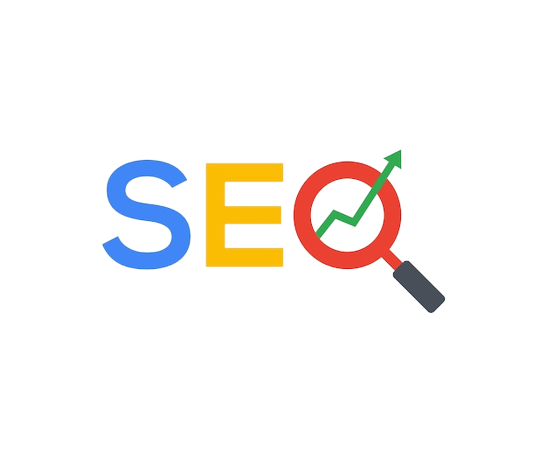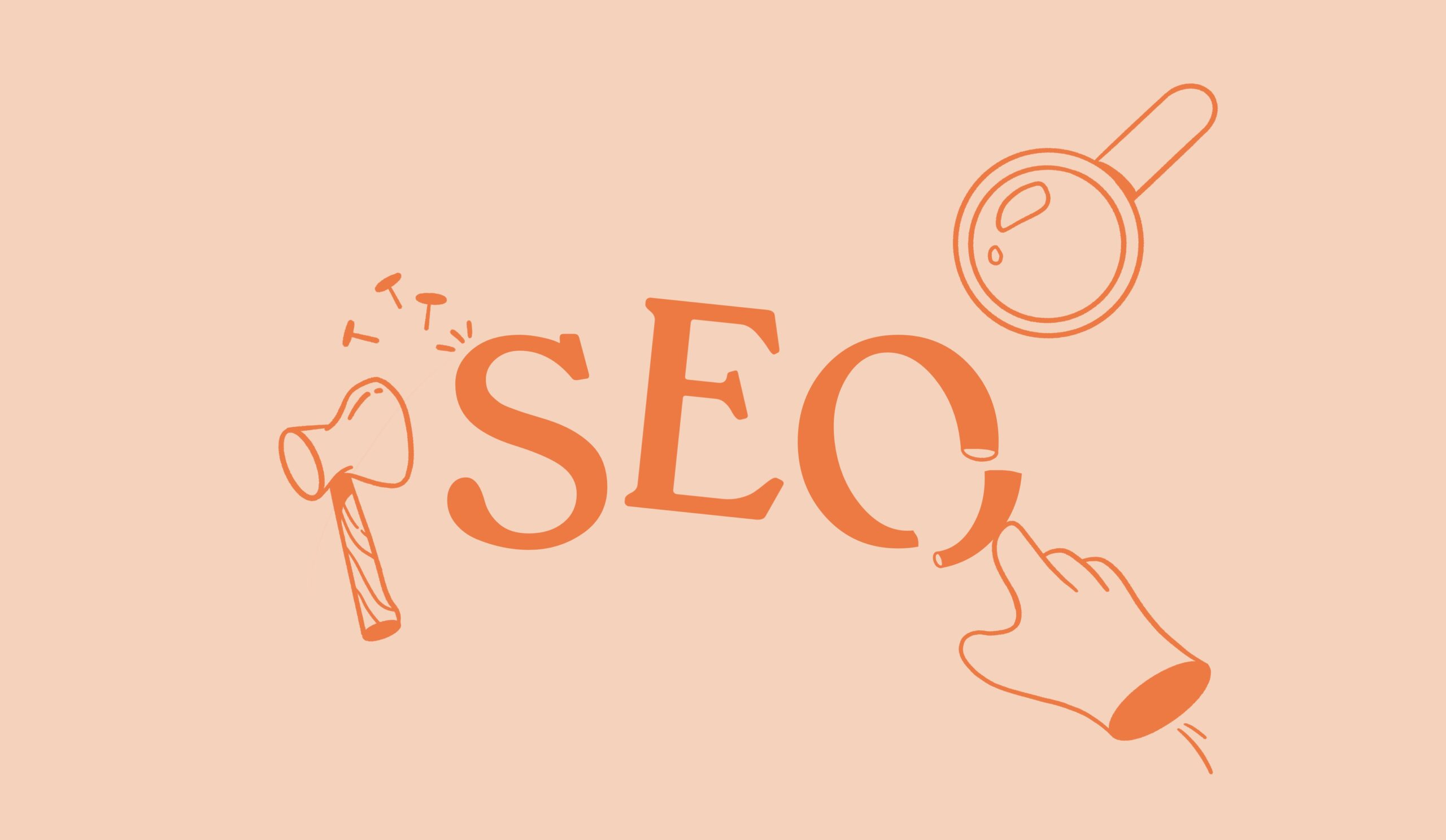In the highly competitive e-commerce landscape, having the right tools at your disposal is critical for optimizing your website and staying ahead of the competition.
E-commerce SEO tools help you streamline the process of keyword research, on-page optimization, technical audits, and more.
By using these tools, you can efficiently improve your rankings, drive more traffic, and increase conversions.
In this article, we’ll explore the most effective e-commerce SEO tools that can help take your online store’s visibility to the next level.
1. Google Search Console
Google Search Console is one of the most important free tools for monitoring and maintaining your e-commerce website’s search performance. It provides valuable insights into how your site is performing in search results, identifies technical issues, and helps you optimize for better rankings.
Key features:
- Performance Reports: Analyze clicks, impressions, CTR, and average ranking positions for your pages and keywords.
- Index Coverage: Identify crawl errors, indexation problems, and issues with URLs that Google may not be indexing.
- Mobile Usability: Detect any mobile usability issues that could harm your site’s performance on mobile devices.
- Submit XML Sitemap: Ensure Google can effectively crawl and index your website by submitting your sitemap.
2. SEMrush
SEMrush is a comprehensive SEO tool that offers a wide range of features designed to help you optimize your e-commerce website. From keyword research to backlink analysis and competitor tracking, SEMrush is ideal for e-commerce businesses looking to boost their SEO performance.
Key features:
- Keyword Research: Discover high-performing keywords for your product and category pages.
- Position Tracking: Monitor your keyword rankings across different devices and locations.
- Site Audit: Conduct a detailed SEO audit to find technical issues, broken links, and duplicate content.
- Backlink Analysis: Analyze your backlink profile and identify opportunities for link building.
- Competitor Analysis: Track your competitors’ organic keywords, paid ads, and backlink strategies.
3. Ahrefs
Ahrefs is another powerful tool for e-commerce SEO, particularly when it comes to backlink analysis and competitor research. With Ahrefs, you can identify link-building opportunities, monitor keyword rankings, and analyze your competitors’ organic search strategies.
Key features:
- Site Explorer: Analyze the organic traffic and backlink profile of any website, including your competitors.
- Keyword Explorer: Find keyword ideas based on search volume, difficulty, and click potential, along with valuable keyword suggestions.
- Content Gap Analysis: Discover the keywords your competitors are ranking for but you’re missing out on.
- Backlink Checker: Track the growth of your backlinks and identify potentially harmful links.
4. Moz Pro
Moz Pro offers a range of SEO tools specifically designed to help businesses improve their online presence. For e-commerce websites, Moz Pro provides keyword research, site audits, rank tracking, and link-building features that are essential for optimizing an online store.
Key features:
- Keyword Explorer: Generate keyword suggestions based on search volume, keyword difficulty, and relevance.
- Site Crawl: Run a technical SEO audit to detect issues such as duplicate content, broken links, and crawl errors.
- Rank Tracking: Monitor your rankings across multiple search engines, including Google, Yahoo, and Bing.
- Link Explorer: Analyze your backlink profile and find opportunities to earn high-quality backlinks.
5. Screaming Frog SEO Spider
Screaming Frog SEO Spider is a powerful website crawler that allows you to identify SEO issues on your e-commerce website. It’s particularly useful for technical SEO audits and large e-commerce stores with hundreds or thousands of product pages.
Key features:
- Crawl Errors: Detect 404 errors, redirects, and server errors that could be harming your site’s performance.
- Duplicate Content: Find duplicate meta titles, descriptions, and content that can negatively impact SEO.
- XML Sitemap Generation: Automatically generate and validate XML sitemaps to ensure proper crawling.
- Page Speed Insights: Integrate with Google’s PageSpeed Insights to analyze the loading speed of your pages.
6. Yoast SEO (for WooCommerce)
Yoast SEO is one of the most popular SEO plugins for WordPress, and it offers a specialized version for WooCommerce. Yoast helps optimize your product pages, category pages, and blog posts with real-time SEO suggestions.
Key features:
- On-Page SEO Optimization: Provides recommendations for improving meta titles, descriptions, headings, and content readability.
- XML Sitemaps: Automatically creates and updates your XML sitemaps to ensure search engines can properly index your site.
- Breadcrumb Navigation: Helps improve internal linking and user experience by adding SEO-friendly breadcrumbs to your site.
- Social Integration: Optimize your pages for social sharing, ensuring your products look great when shared on social media.
7. GTMetrix
Site speed is a crucial ranking factor, especially for e-commerce websites. GTMetrix helps you analyze your site’s performance and offers detailed recommendations to improve page load times.
Key features:
- Page Load Analysis: Analyze your website’s speed and performance across different devices and browsers.
- Recommendations: Get actionable tips on how to reduce load times, such as image compression, browser caching, and script optimization.
- Waterfall Chart: Visualize each element of your page’s load time to identify bottlenecks in performance.
8. Ubersuggest
Ubersuggest is a cost-effective SEO tool that offers features for keyword research, site audits, and backlink analysis. Created by Neil Patel, it’s a user-friendly option for small to medium-sized e-commerce businesses looking to enhance their SEO efforts.
Key features:
- Keyword Suggestions: Discover new keyword ideas based on search volume, competition, and seasonal trends.
- Site Audit: Identify technical SEO issues and get recommendations for improving your on-page SEO.
- Content Ideas: Find popular content topics in your niche that can drive more organic traffic to your site.
- Backlink Data: Analyze your backlink profile and compare it with your competitors’ to identify link-building opportunities.
9. Google Keyword Planner
Google Keyword Planner is a free tool offered by Google Ads that provides insights into keyword search volume, competition, and suggested bid prices for pay-per-click (PPC) advertising. It’s also an excellent tool for e-commerce SEO, as it helps you find relevant keywords for your product pages.
Key features:
- Keyword Search Volume: Discover the search volume for your target keywords and find new keyword ideas based on product categories.
- Competitive Analysis: See how competitive specific keywords are and determine which ones to target for organic or paid search.
- Location-Based Keywords: Target specific regions or local markets with location-based keyword suggestions.
10. Google Analytics
Google Analytics is essential for tracking your website’s traffic, user behavior, and conversion rates. By analyzing the data from Google Analytics, you can measure the effectiveness of your SEO efforts and make data-driven decisions for your e-commerce store.
Key features:
- Traffic Sources: Identify where your traffic is coming from (organic, paid, social, or direct) and measure the impact of SEO on your overall traffic.
- Conversion Tracking: Track key performance metrics such as transactions, revenue, and conversion rates.
- User Behavior: Analyze user behavior data, such as bounce rates, average session duration, and pages per session, to improve your site’s user experience.
Conclusion
Improving your e-commerce SEO is an ongoing process that requires the right tools to analyze data, identify issues, and optimize your site for better rankings.
Whether you’re conducting keyword research, performing a technical SEO audit, or tracking your rankings, these tools can significantly enhance your ability to optimize your online store for search engines.
By leveraging the power of these tools, you can boost your visibility, drive more organic traffic, and ultimately increase sales.
Regular monitoring and optimization using these SEO tools will help you stay ahead of the competition and ensure long-term success for your e-commerce business.




